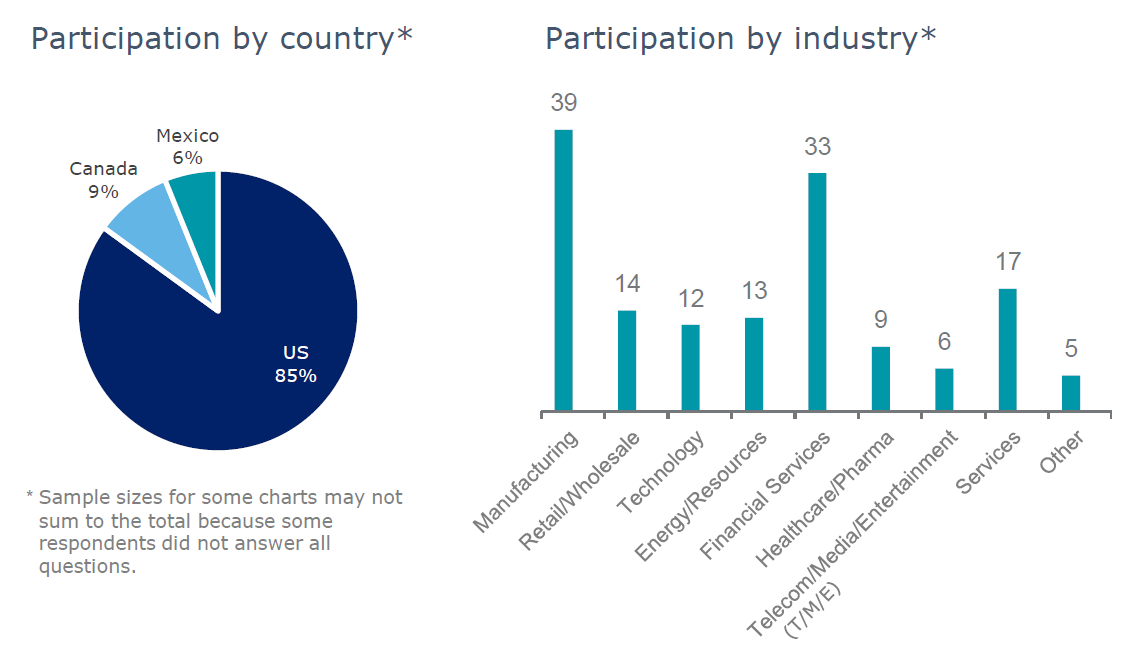Shaun Mathew, Daniel Wolf, and Sarkis Jebejian are partners at Kirkland & Ellis LLP. This post is based on a Kirkland & Ellis memorandum by Mr. Mathew, Mr. Wolf, Mr. Jebejian, Ed Lee, David Feirstein, and Sophia Hudson. Related research from the Program on Corporate Governance includes The Illusory Promise of Stakeholder Governance by Lucian A. Bebchuk and Roberto Tallarita (discussed on the Forum here); Companies Should Maximize Shareholder Welfare Not Market Value by Oliver Hart and Luigi Zingales (discussed on the Forum here); and Reconciling Fiduciary Duty and Social Conscience: The Law and Economics of ESG Investing by a Trustee by Max M. Schanzenbach and Robert H. Sitkoff (discussed on the Forum here).
- BlackRock’s rollout of Larry Fink’s annual letter last week was overshadowed by the Reddit-driven mania involving GameStop and other heavily shorted stocks.
- The evolving (and sometimes wild) market dynamics associated with the rapid rise of the day-trading retail investor base, coupled with a resurgent, short-term focused shareholder activism environment, underscore the importance for public companies of deepening relationships with their largest and longest-term investors.
Last week, BlackRock published the 2021 version of Larry Fink’s annual CEO letter. Consistent with BlackRock’s pronouncements over the last 12 months, the single biggest focus in the letter is climate change. The upshot is that BlackRock is now asking companies to disclose a plan for how their business model will be compatible with a net-zero economy (which BlackRock defines as one that emits no more carbon dioxide than it removes from the atmosphere by 2050, the scientifically established threshold necessary to keep global warming well below 2⁰C). Acknowledging that climate disclosure can be cumbersome, particularly in light of the current alphabet soup of competing sustainability reporting frameworks, BlackRock has endorsed convergence under the single standard proposed by the IFRS. In the interim, BlackRock continues to support TCFD- and SASB-aligned sustainability reporting.
